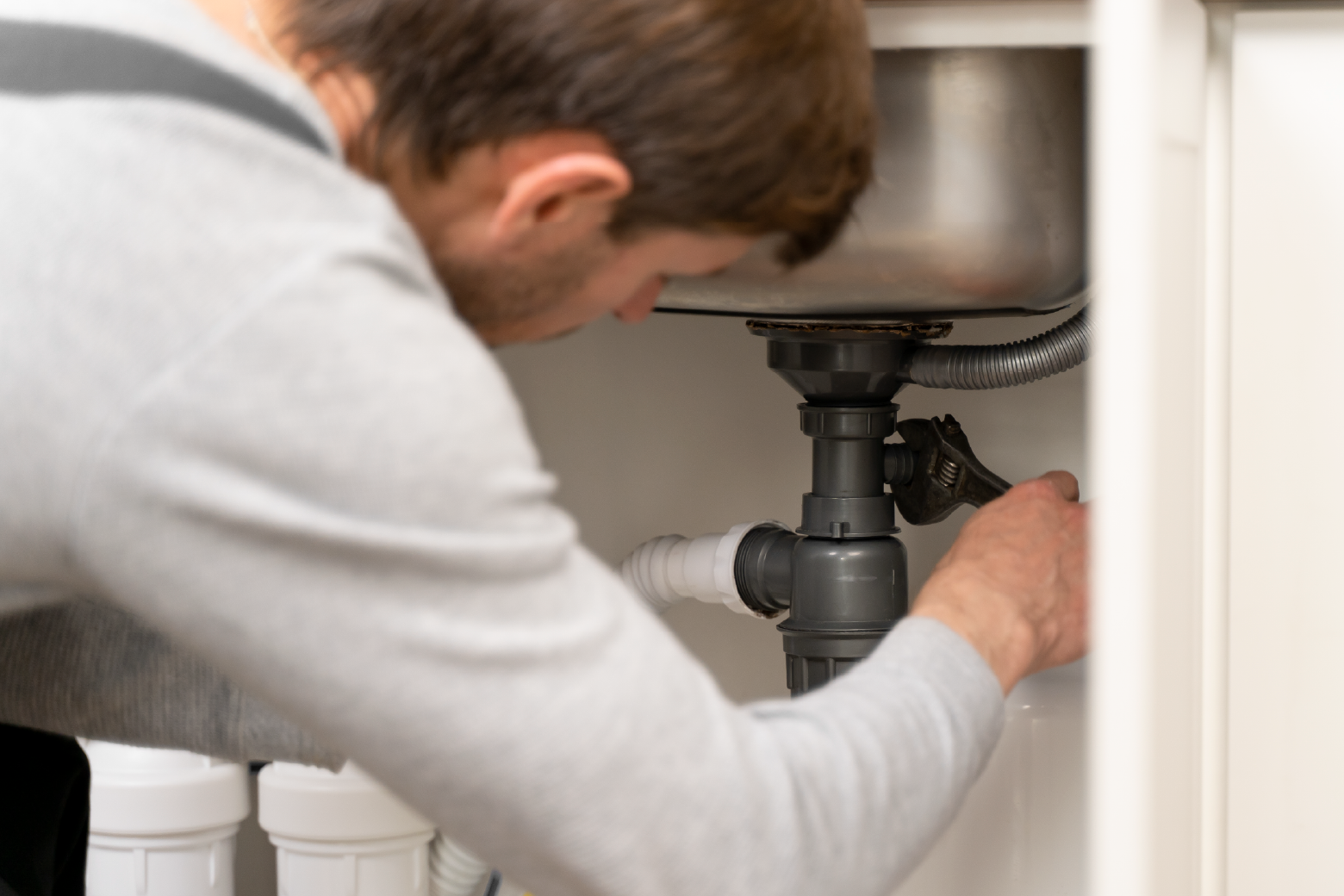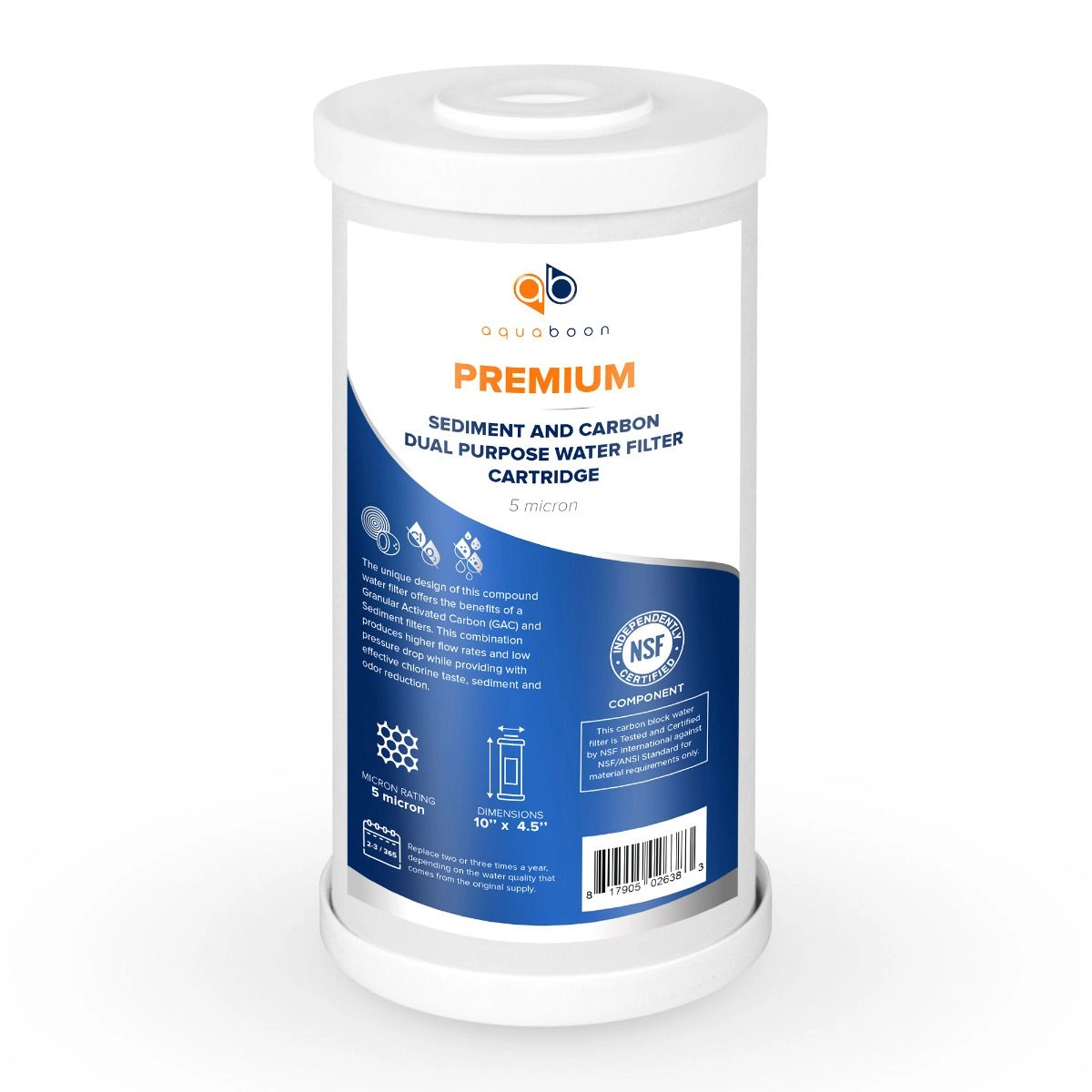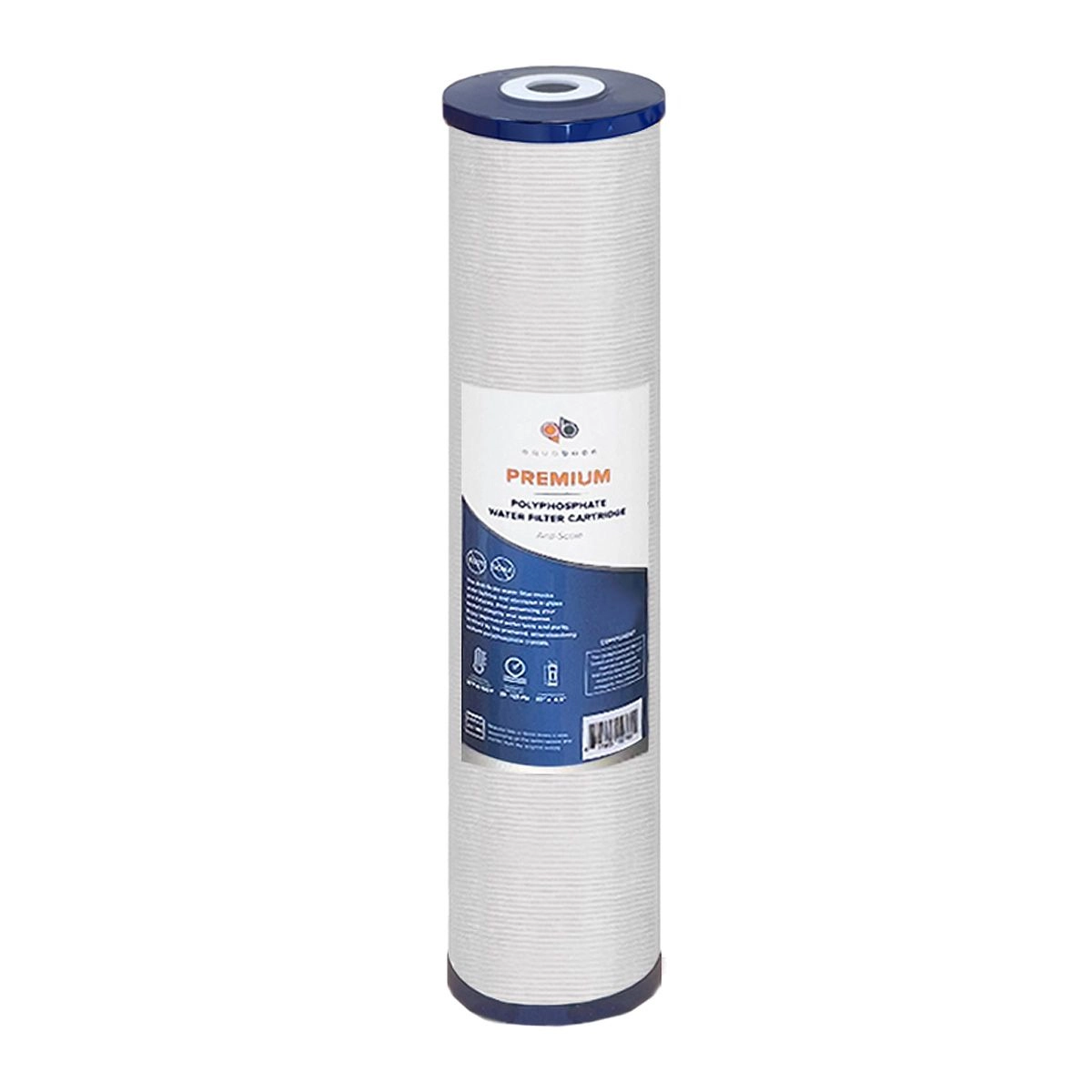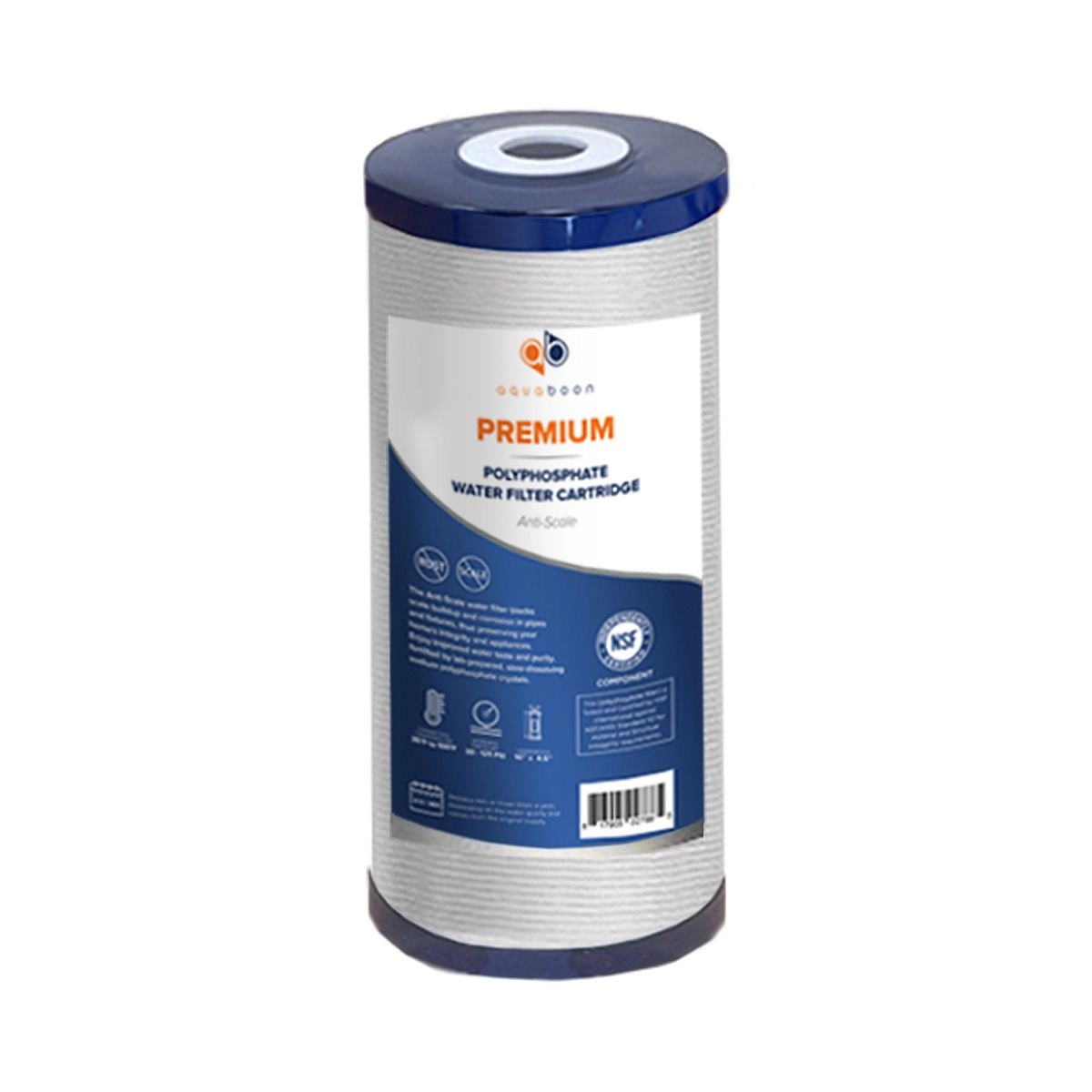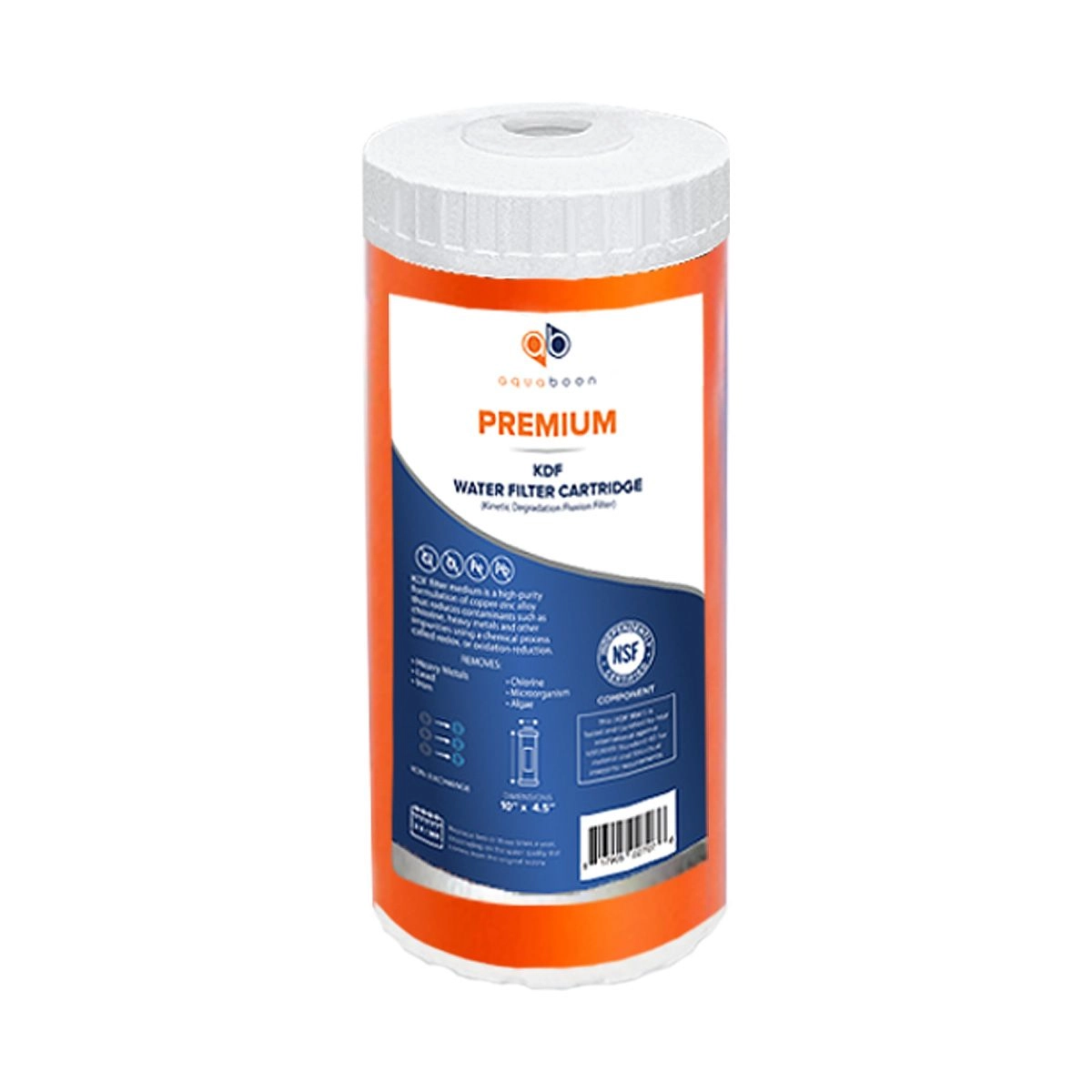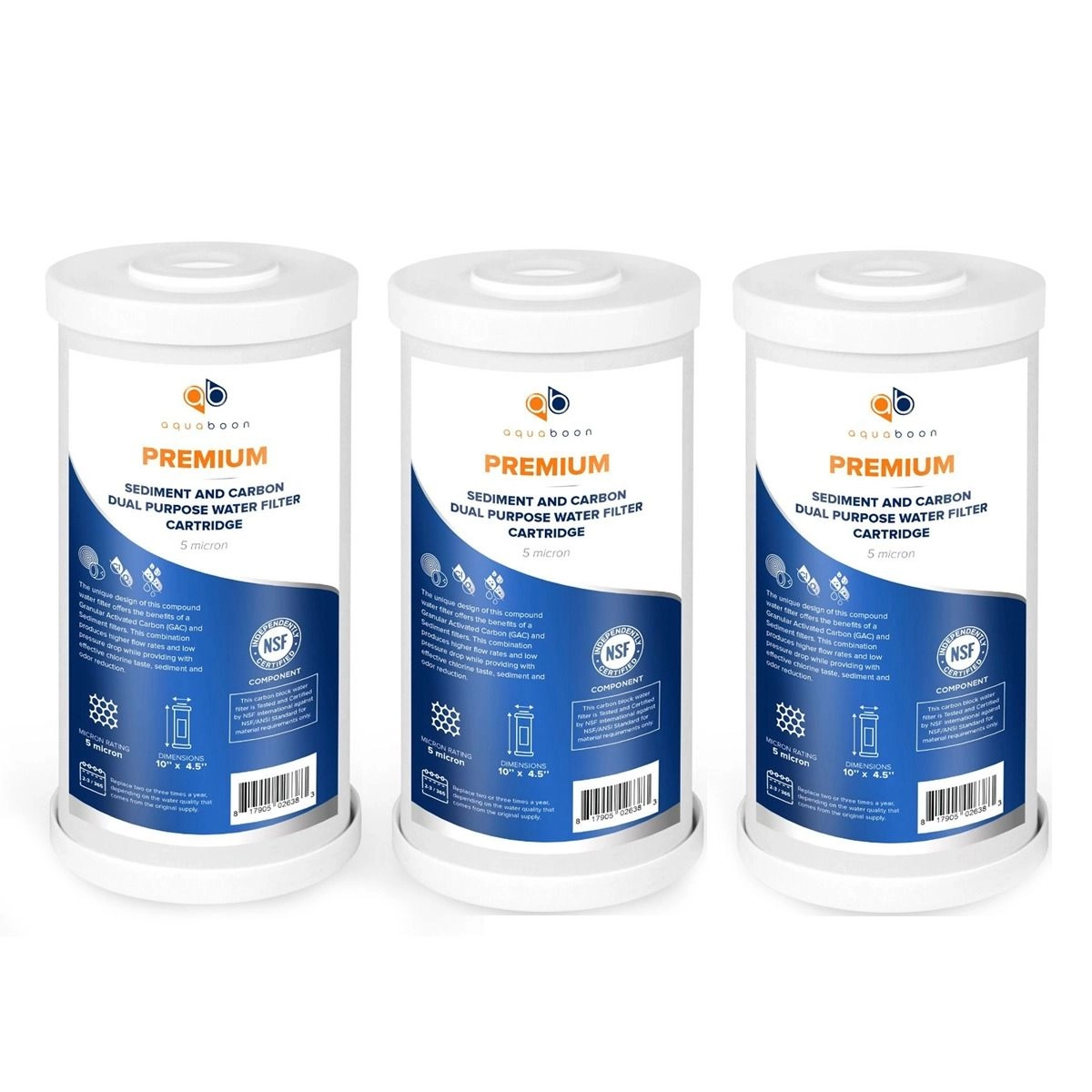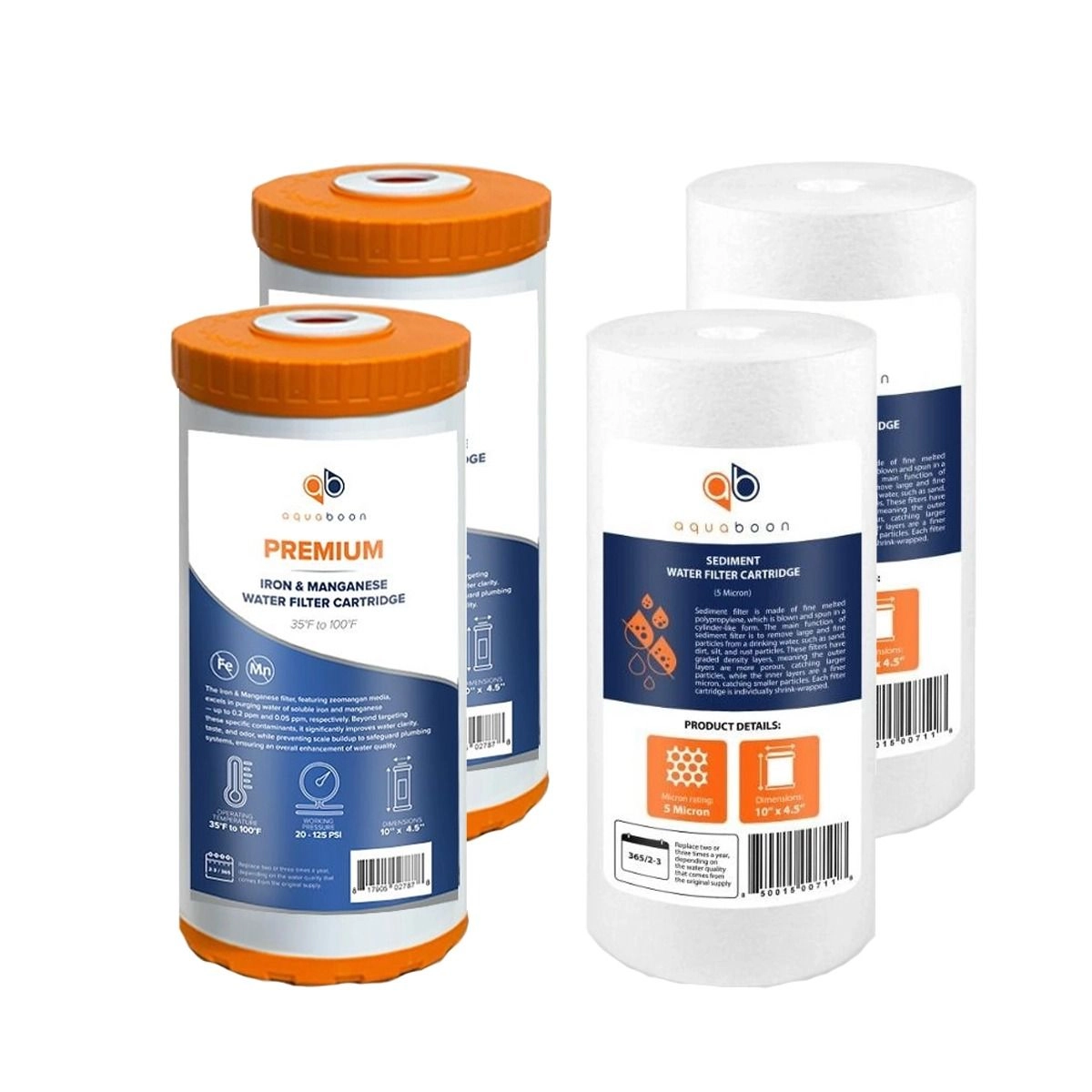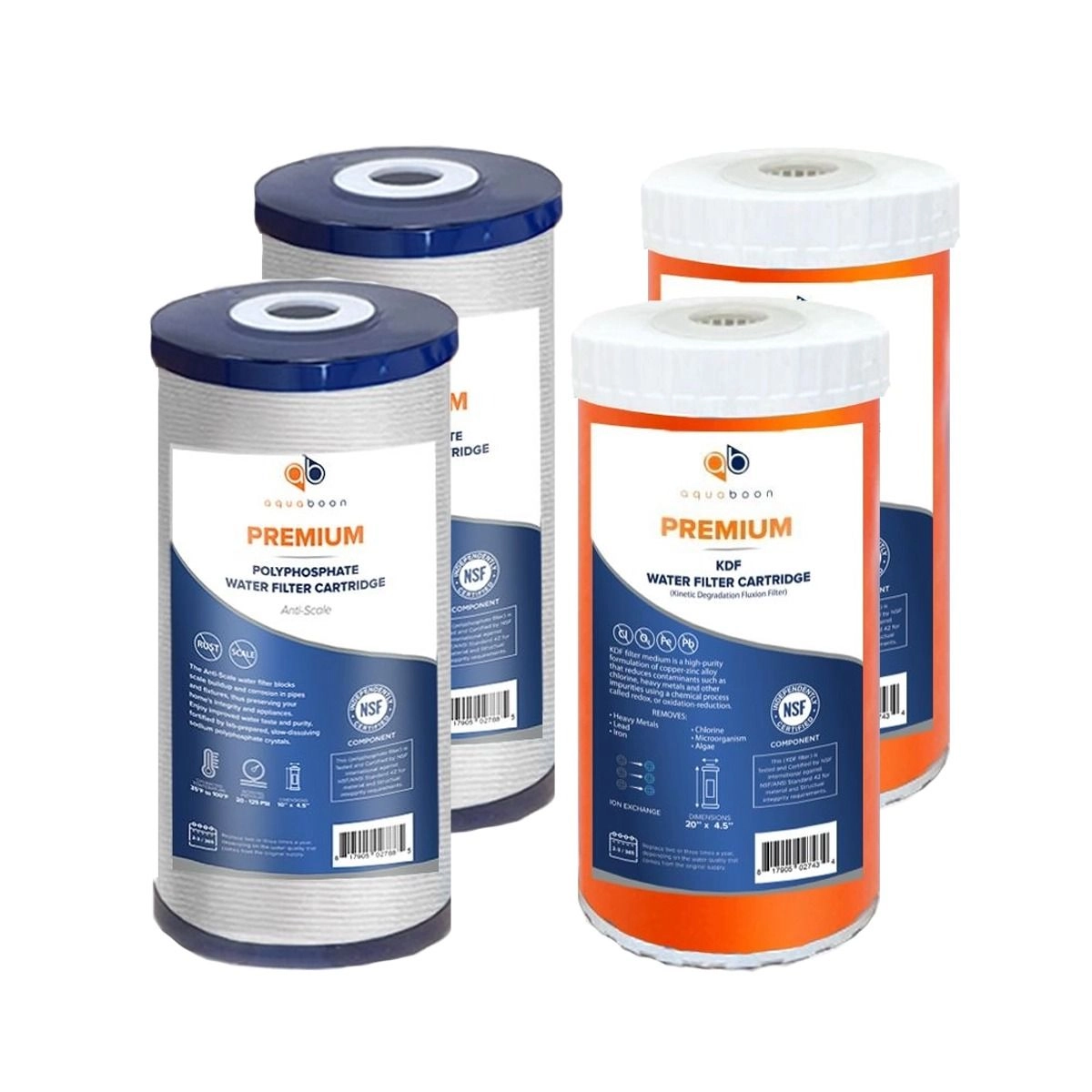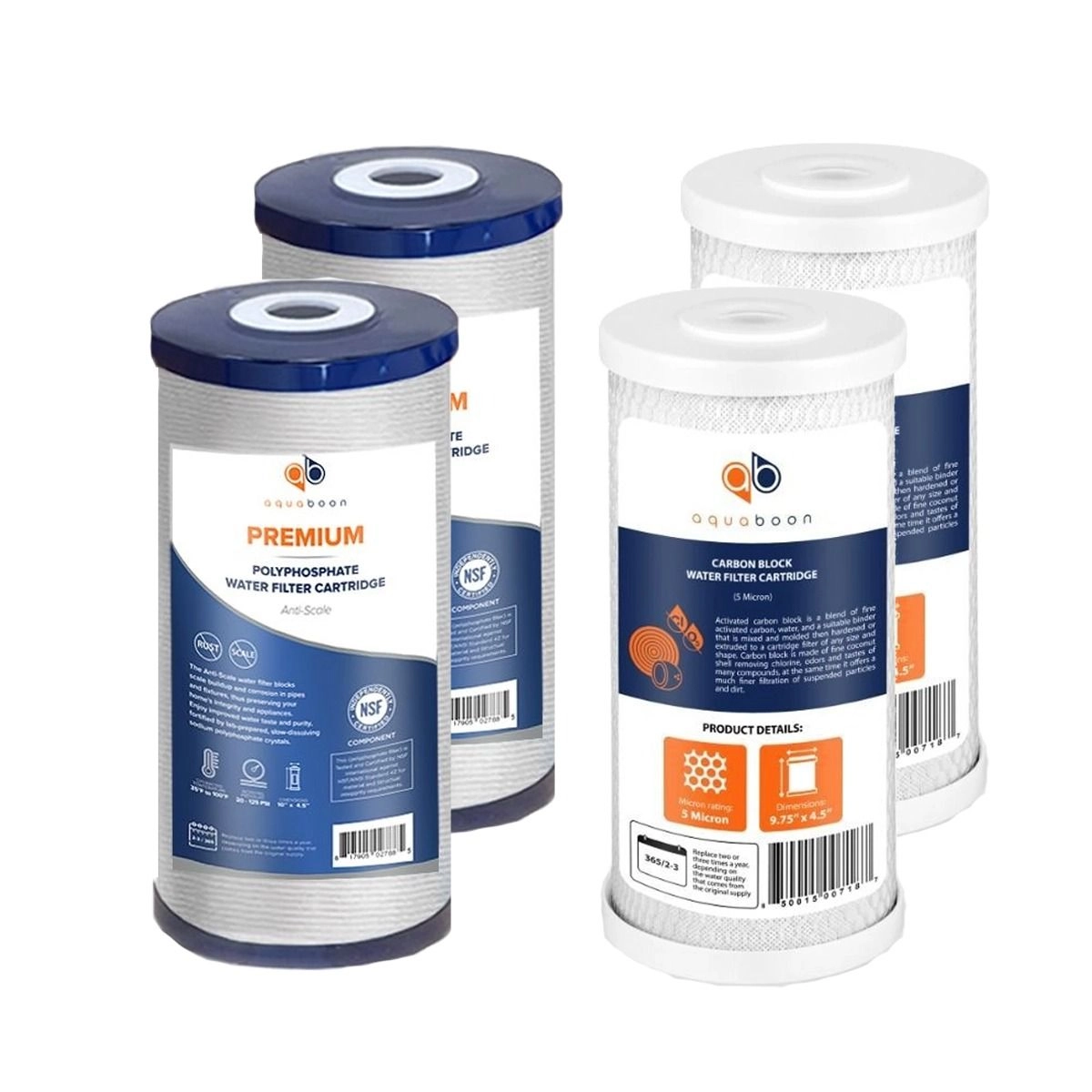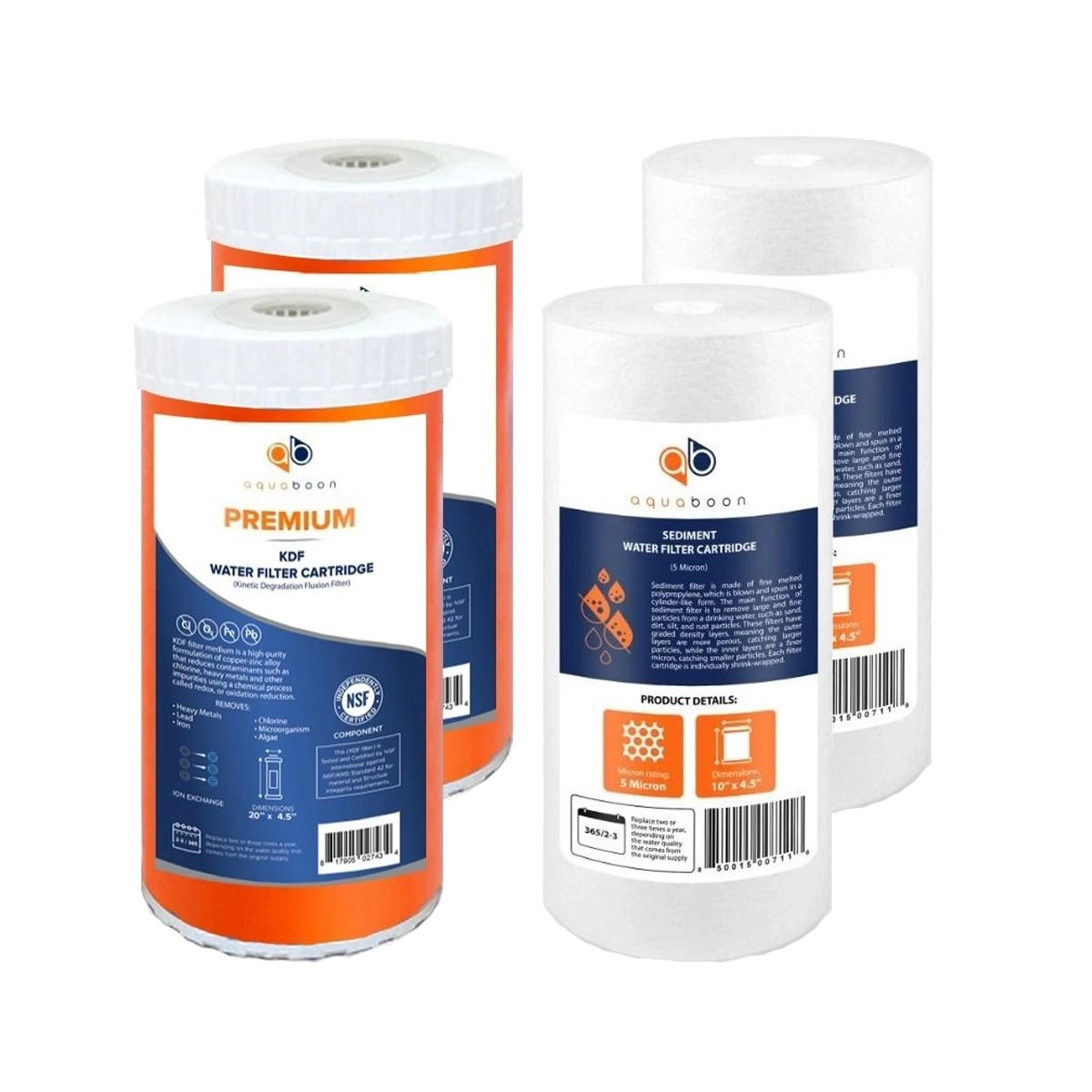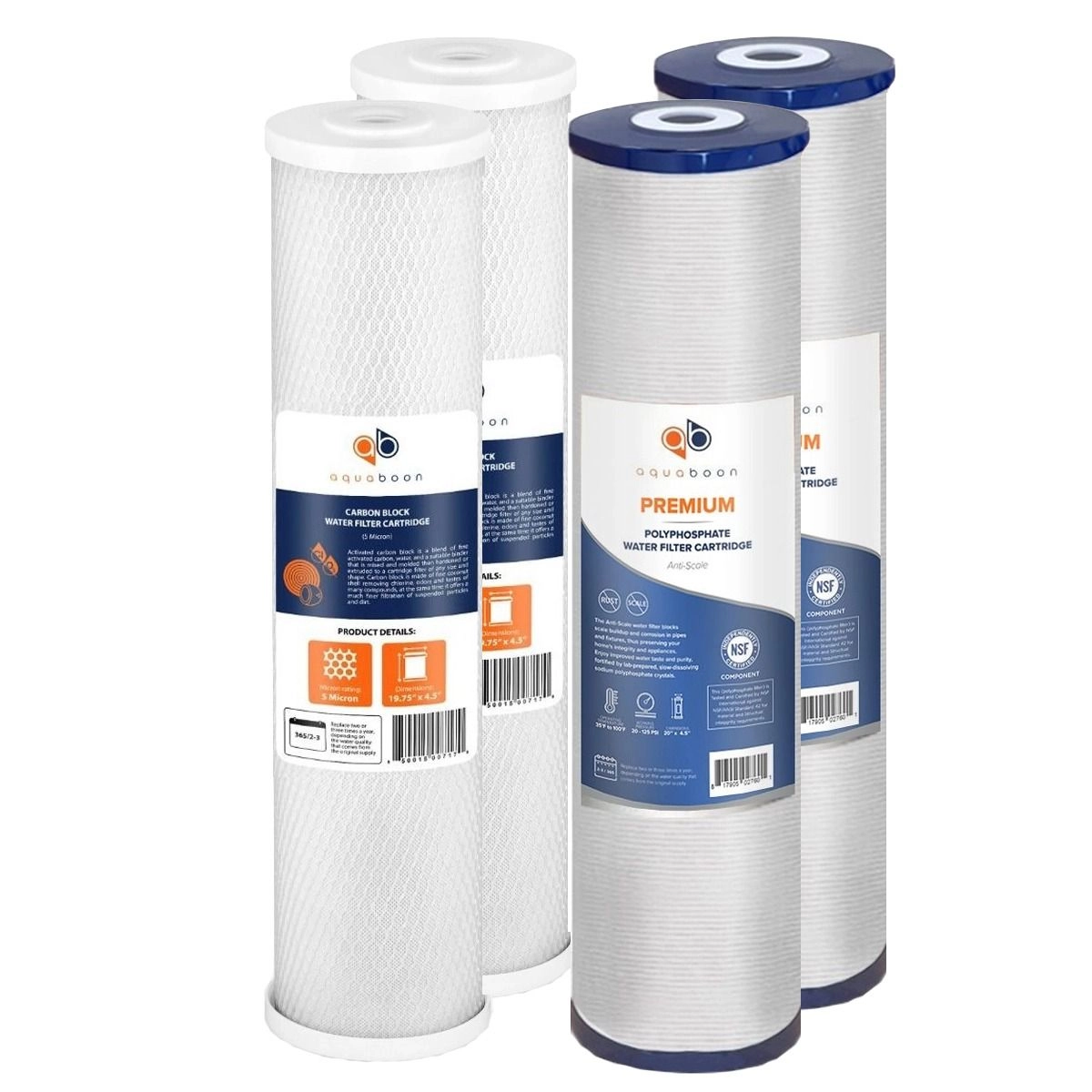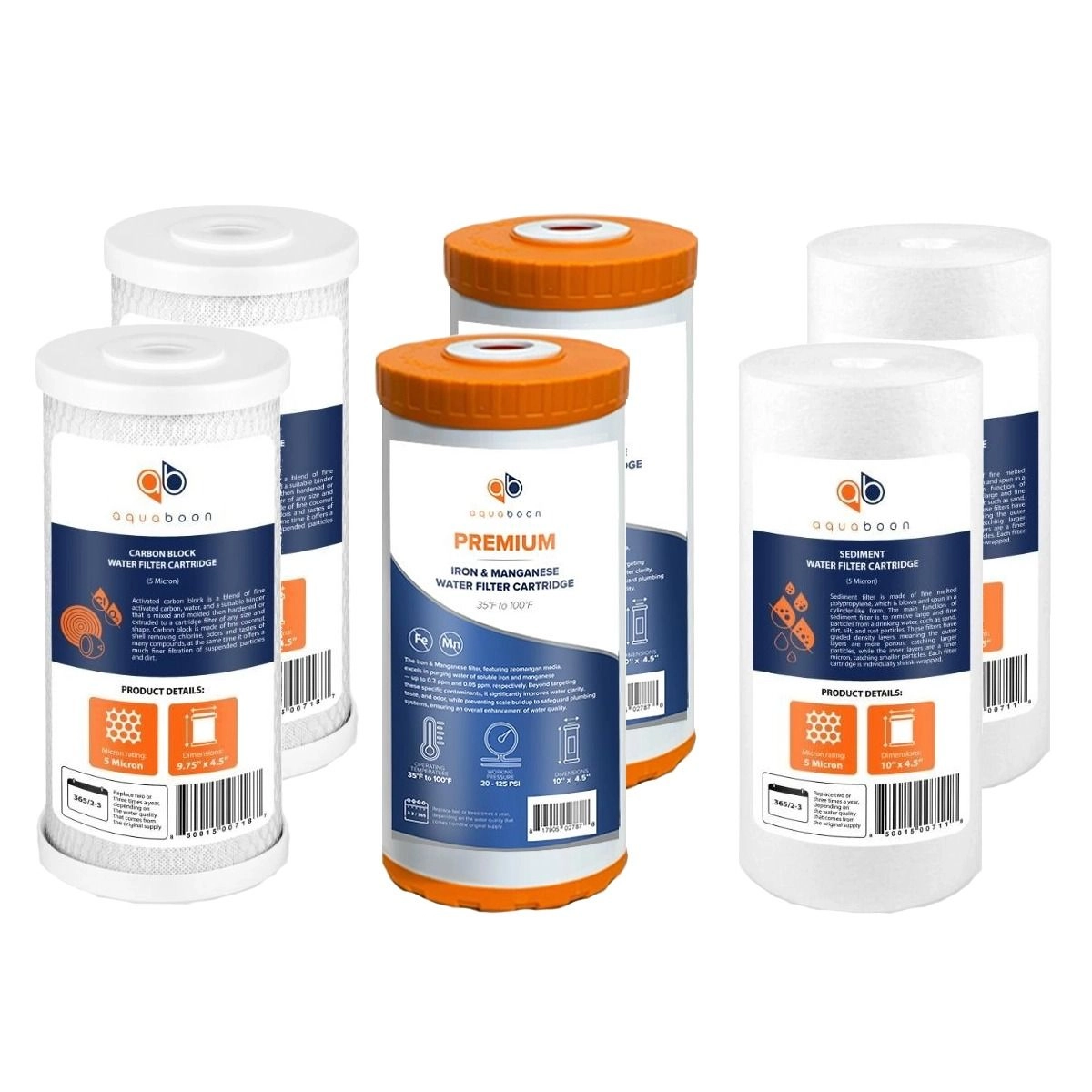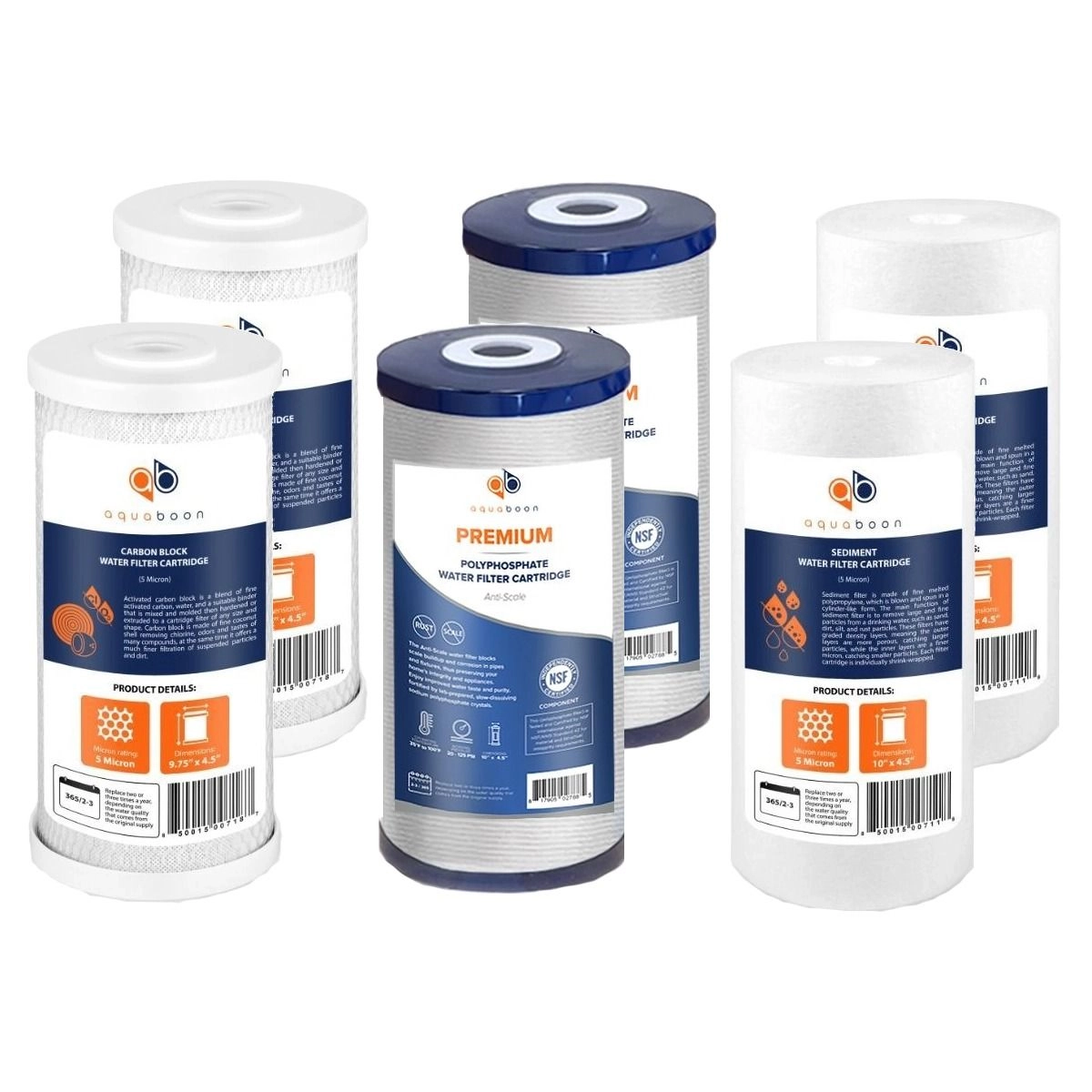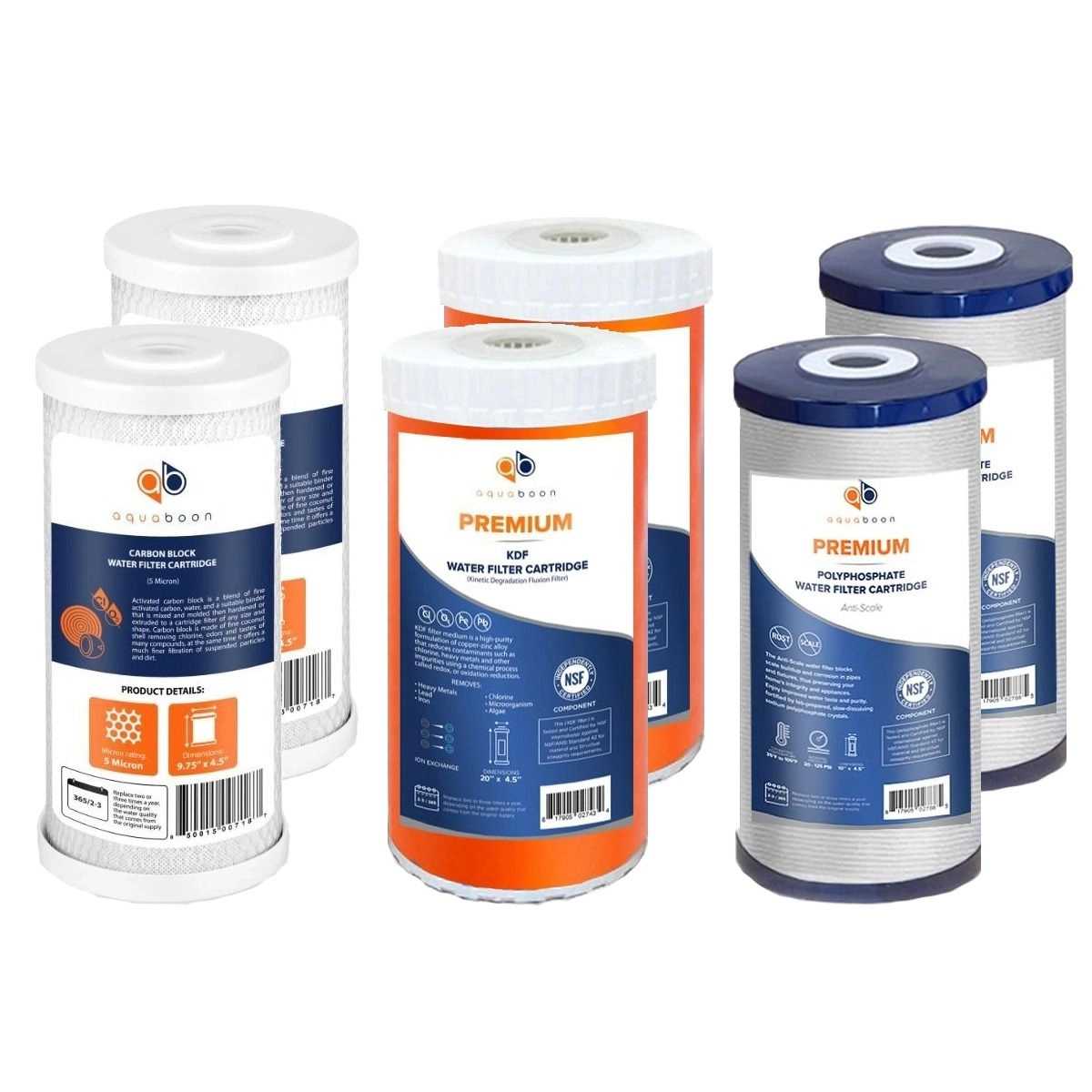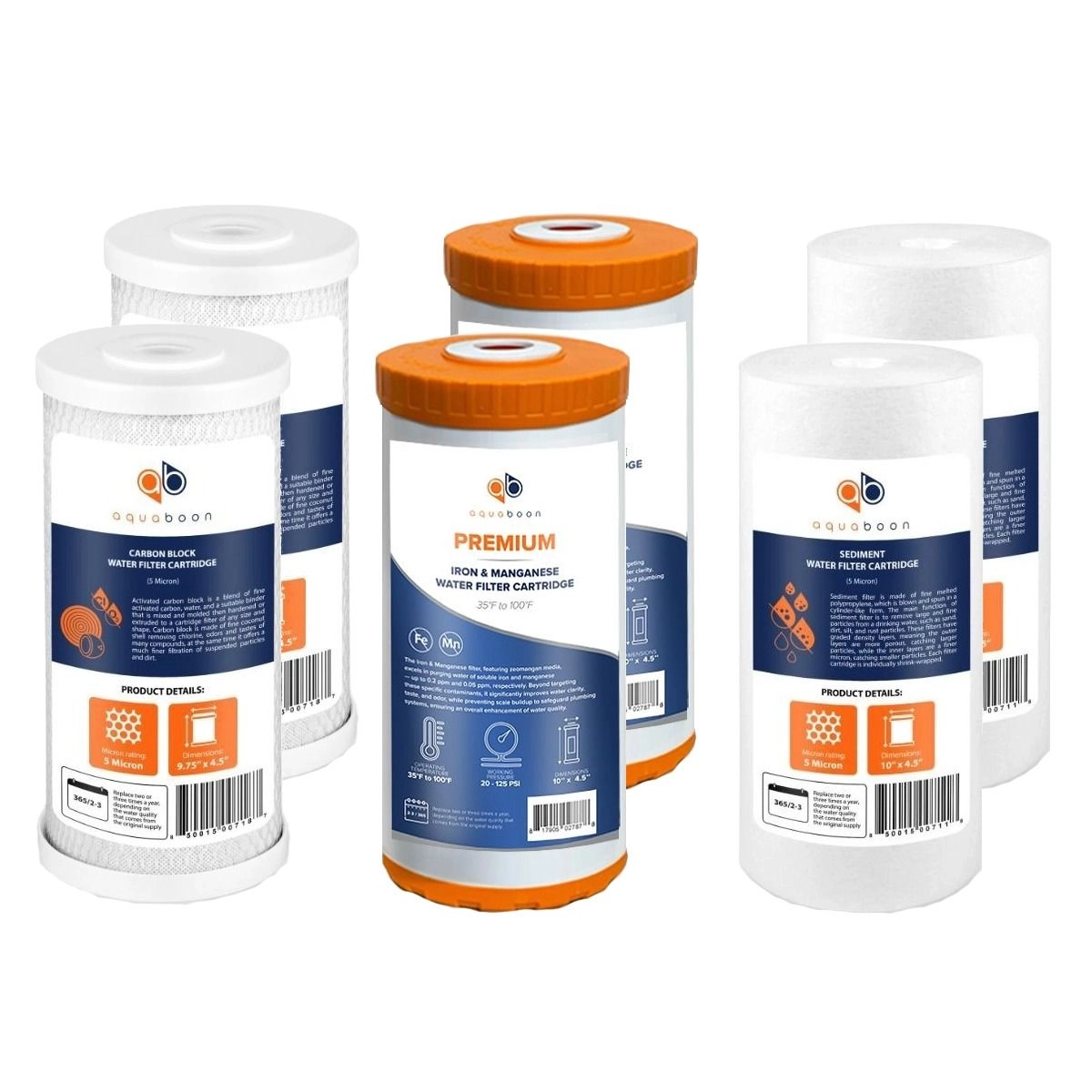The ability to deliver contaminant-free water on demand is one of the major benefits of using under-sink water filters. Since they eliminate the need for store-bought water, households can save money and become more environmentally friendly.
However, in a few instances, some people might experience a leaking water filter. Such unprecedented situations might leave the system working suboptimally or worse, compromise the quality of water flowing through the faucets.
If you have noticed seeps and are you looking to learn more about how to fix a leaking water filter, you have come to the right place!
This article focuses on filtration system leaks, their causes, and solutions.
Let’s delve into the specifics.
How to identify the reason why the water filter is leaking?
Before you can decide whether to call in a professional plumber or fix the system yourself, it's crucial that you ask one vital question:
“why is my water filter leaking?”
To quickly pinpoint the problem you need to:
Check the filter cartridge
As cartridges decontaminate water, they come into contact with toxic chemicals and other harmful pollutants that wear them out. Once the cartridges are frayed, you might realize a leakage problem with your whole house water filtration system.
Check for loose connections
Due to extreme temperature changes, especially during winter and summer, a reverse osmosis system’s piping will expand and contract. As a result, the tubes/pipes experience wear and tear, and eventually, the connections loosen up. And that’s when you will notice drips trickling from the system.
Check for clogged filter cartridge
A clogged filter for water will not support a speedy filtration process since the previously sieved-out contaminants will restrict water flow. So, when water cannot go through and accumulates around the cartridge, leakages can be expected.
Check the rubber O-Ring
During the installation process, the filter housing may be tightened a little too much. While we do this to ensure the system is firmly secured in place and no leakages happen, the unwanted might happen.
Excessively tightening the canister might squeeze the rubber O-Ring, allowing water to seep through.
Check for leaks
It's an excellent idea to check for a water filter leak even when connections are perfectly done and the filters are in great working condition. Sometimes, the issue may result from tank damage or a poorly constructed or improperly fitting system.
How to prevent leakage?
The best ways to prevent under-sink water filter leaking problems are:
Making sure the connections are just right
Loose connections are a common cause of system leaks. The same applies to tight connections that lead to hairline cracks.
Ensuring the system is tightened just right and the quick-connect tube fittings are installed to perfection will prevent such leaks.
Replacing cartridges in a timely fashion
Since clogged and worn-out cartridges are other causes of water filter housing leaking issues, it’s advisable to replace them.
How often you switch them out depends on what ails your water.
But generally, you should schedule replacements at least twice a year, as directed by the manufacturer, or after dispensing a certain amount of water.


